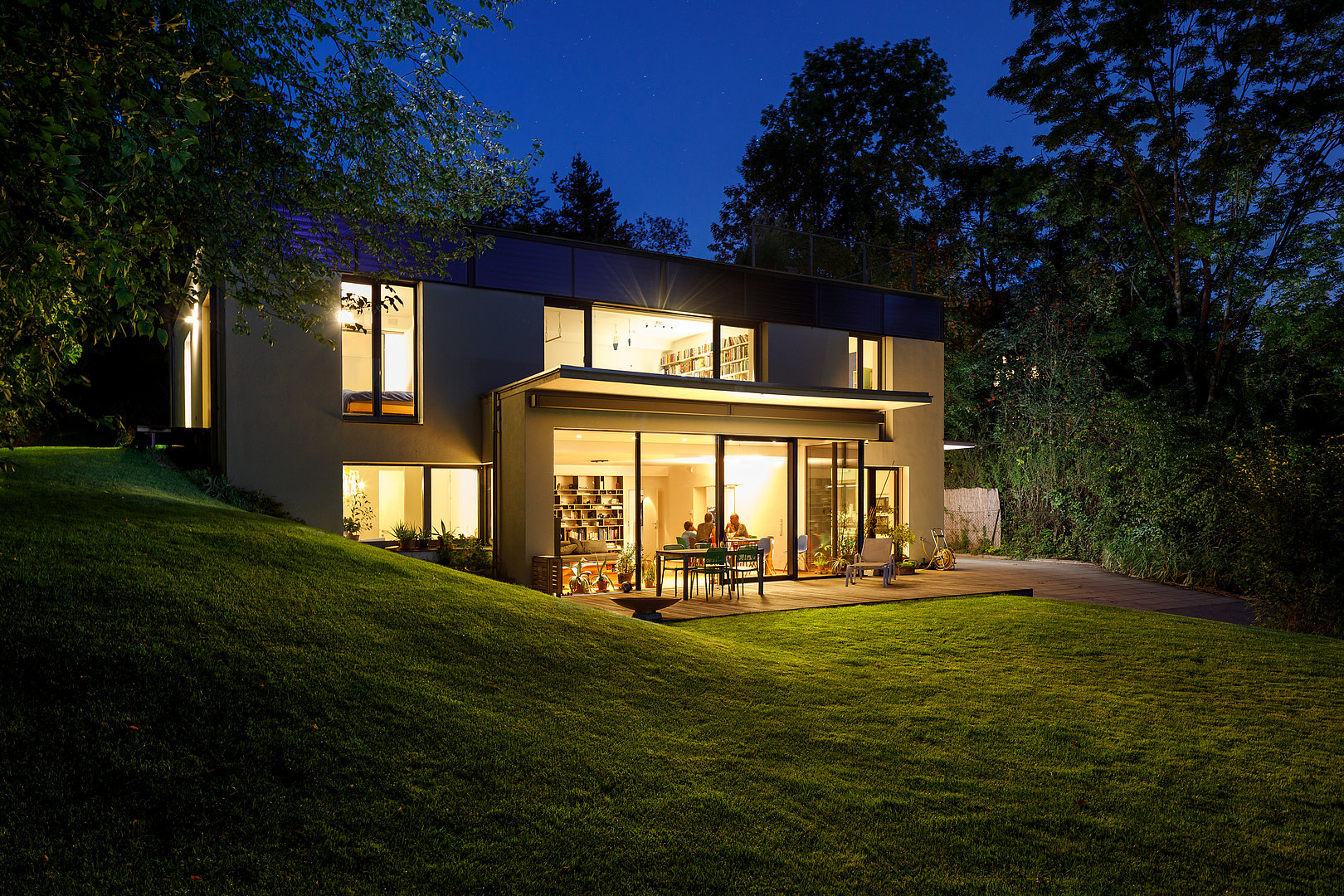Energy efficiency: electricity as the cornerstone of the energy transformation
Turning off lights when they aren’t needed, programming a timer for your heating system, turning off devices instead of leaving them in standby mode: there are so many ways that we can save energy. People in every household need to think about what activities make sense and where they are appropriate. By taking the right steps, energy-efficient households not only make a contribution to safeguarding the environment and the climate; they can also reap financial rewards. The EU has set itself the target of cutting energy consumption by at least 32.5% by 2030. But energy efficiency isn’t necessarily just a matter of consuming less energy; it’s more a question of simply putting the energy we consume to better use.
Rising energy consumption
We are starting out from a difficult position. Over the years, more and more electronic devices have appeared in our homes – from games consoles and steam cookers to televisions in the bedroom. Many of us now have smart home systems with components that run continuously. And on top of that come mobile devices like smartphones, laptops and wearables. The average household in Austria consumes 5,300 kWh of electricity every year. Heating accounts for the lion’s share, followed by large household devices, hot water supply, and fridge-freezers.
In future, there will be many, many more consumers who count on electricity – and that’s a good thing! Take transportation and mobility, for instance: over the coming years, electric vehicles will increasingly take the place of those with combustion engines, playing a significant part in meeting the country’s climate targets. E-vehicles are not only cleaner, they also use energy far more efficiently. When it comes to space heating, too, electricity will take on an increasingly important role as fossil fuels such as gas and oil are replaced by renewable energy sources.


